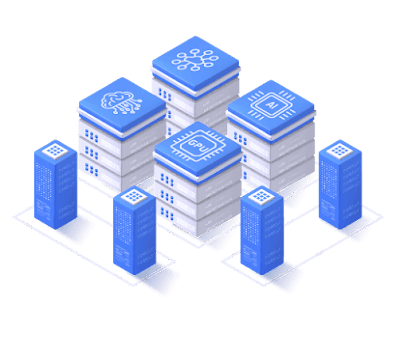The Ethics of AI and Automation in Hiring.
Artificial intelligence (AI) and automation are increasingly being used in the hiring process by companies and organizations across the world. These technologies have the potential to streamline the hiring process, reduce biases, and improve the quality of hires. However, the use of AI and automation in hiring also raises important ethical questions, particularly regarding fairness, transparency, and privacy. In this blog post, we will explore the ethics of AI and automation in hiring, and examine some of the key issues and concerns.
Fairness and Bias
One of the main ethical concerns
around the use of AI and automation in hiring is the potential for bias. AI
algorithms are only as good as the data they are trained on, and if the data is
biased or incomplete, the algorithms can produce inaccurate or discriminatory
results. For example, if the algorithm is trained on a dataset that is
primarily composed of white male job applicants, it may be more likely to favor
similar candidates, while discriminating against candidates from
underrepresented groups.
Another potential source of bias is
the use of proxies, such as zip codes or educational qualifications, as
indicators of job performance. These proxies can inadvertently disadvantage
certain groups, such as people from low-income neighborhoods or those who did
not attend prestigious universities. This can result in a biased hiring process
that perpetuates existing social inequalities.
Transparency and Explainability
Another important ethical issue is
transparency and explainability. Hiring decisions made using AI and automation
are often opaque and difficult to understand, making it challenging for
candidates to know why they were not selected for a job. This lack of transparency
can lead to distrust and resentment among job seekers and can undermine the
legitimacy of the hiring process.
To address this issue, companies
need to ensure that their AI and automation systems are transparent and
explainable. This means providing candidates with clear information about the
selection criteria and how the algorithm works, as well as giving them the
opportunity to contest decisions that they believe were made unfairly.
Privacy and Data Protection
The use of AI and automation in hiring
also raises important privacy and data protection concerns. AI algorithms rely
on large amounts of personal data, such as resumes, social media profiles, and
interview responses, to make hiring decisions. This data can be sensitive and
private, and its misuse or mishandling can have serious consequences for
candidates.
Companies must take steps to ensure
that the personal data of job applicants is protected and used only for
legitimate purposes. This includes obtaining informed consent from candidates,
ensuring that data is stored securely, and minimizing the collection and use of
sensitive information.
Unintended Consequences
Finally, the use of AI and
automation in hiring can also have unintended consequences. For example, it may
lead to the displacement of human recruiters and the loss of jobs in the
recruitment industry. It may also perpetuate a focus on short-term metrics,
such as time-to-hire and cost-per-hire, at the expense of longer-term
considerations, such as employee retention and job satisfaction.
To mitigate these unintended
consequences, companies need to adopt a more holistic and long-term approach to
hiring. This may involve incorporating human oversight and intervention into
the hiring process, and ensuring that the goals and values of the organization
are aligned with its hiring practices.
The use of AI and automation in
hiring is a complex and multifaceted issue that raises important ethical
questions around fairness, transparency, privacy, and unintended consequences.
While these technologies have the potential to improve the efficiency and
effectiveness of the hiring process, they must be implemented in a way that is
fair, transparent, and respectful of candidates' privacy and rights. As such,
it is essential for companies to take a responsible and ethical approach to the
use of AI and automation in hiring, and to prioritize the well-being and
dignity of all job applicants.



Comments
Post a Comment